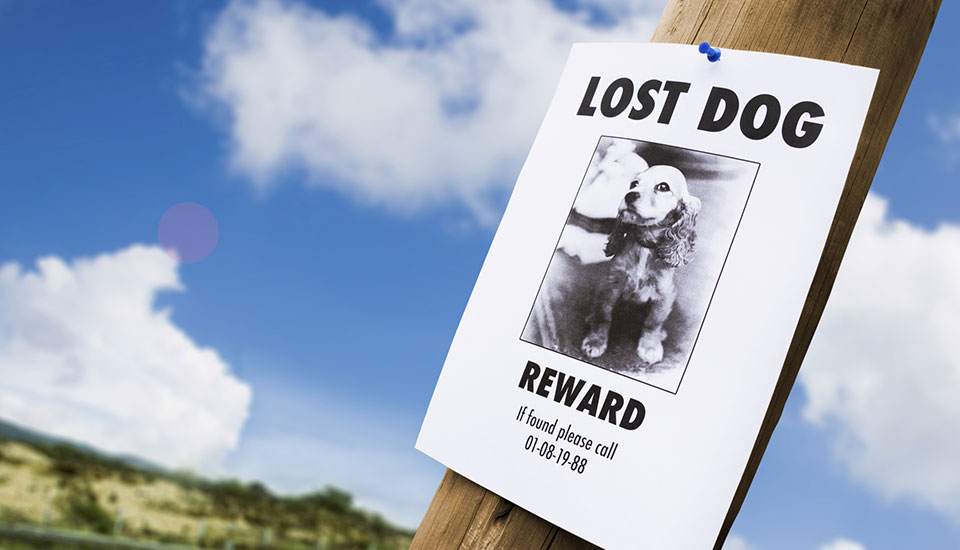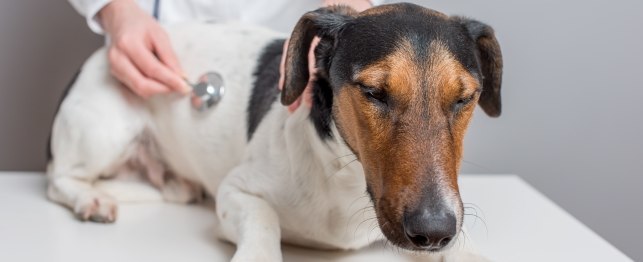To maintain your dog's good health, it is essential to feed him both a well-balanced diet and the right amount of it on a daily basis. There is a wide range of canine foods available, so it can be difficult deciding which variety or make is the best choice for your dog. There are, however, certain dietary nutrients that a dog cannot do without, as well as age, health and lifestyle considerations to take into account, and this makes the job of deciding on the most suitable diet much easier.
Eating Habits
Dogs are omnivorous and can be kept on specially formulated vegetarian diets, although they do prefer meat-based foods. In a wild state the dog hunts, kills, feeds, then rests. He may gorge himself on a whole animal one day, then go without food for the next two or three; this is why many dogs eat until they are fit to burst - instinct tells them they may have to wait quite a while before their next meal.
Adult dogs are usually fed once a day, but splitting that feed into two meals adds interest. It is also better to feed certain deep-chested breeds (such as German Shepherd Dogs, Great Danes and Setters) several small meals rather than one big one, to avoid serious digestive ailments such as bloat (gastric dilation and volvulus).
Commercially produced clinical diets are available (usually only from vets), which can help dogs suffering from such diseases as kidney stones, senility, obesity, digestive disturbances, diabetes mellitus and tooth and gum problems. There are even foods specifically designed for long-coated breeds, as well as life-stage formulas. You can also choose from holistic diets that contain no artificial additives, and special diets for allergy sufferers.
Water is essential for life itself, and your dog should always have access to a fresh, clean supply Refill the water bowl each day, and clean it regularly.

 Summer Hazards in Dogs
Summer Hazards in Dogs
Summer Hazards in Dogs
Summer Hazards in Dogs
 Ten Things You Should Know About Your Puppy
Ten Things You Should Know About Your Puppy
Ten Things You Should Know About Your Puppy
Ten Things You Should Know About Your Puppy
 Be Proactive if Your Dog Gets Lost
What to Do When Your Dog Goes Missi
Be Proactive if Your Dog Gets Lost
What to Do When Your Dog Goes Missi
 The Dumbest Things Dog Owners Do
The Dumbest Things Dog Owners Do
The Dumbest Things Dog Owners Do
The Dumbest Things Dog Owners Do
 Dogs and Mental Health - What You Need to Know
Dogs and Mental Health - What You Need to Kno
Dogs and Mental Health - What You Need to Know
Dogs and Mental Health - What You Need to Kno